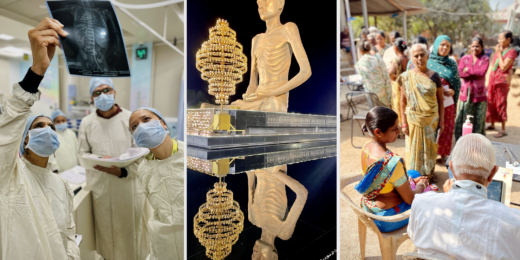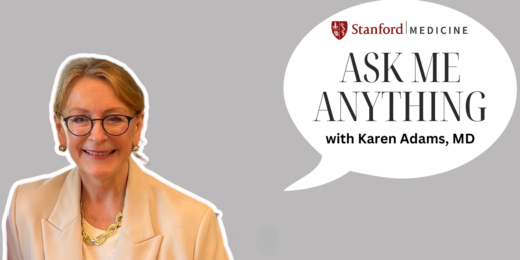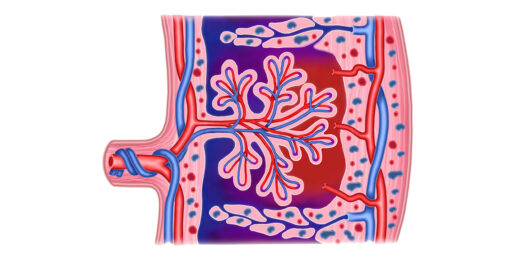The goal of a decade-old program started by Stanford Medicine's Nilima Ragavan is to foster the sharing of lessons and evidence-based best practices between clinicians in the U.S. and India.
Category: Women’s Health
Inequity of genetic screening: DNA tests fail non-white families more often
Research is showing that advanced methods of genetic testing aren’t equally useful for everyone: They’re less accurate for non-white families, raising concerns about how historical gaps in whose DNA gets studied produce inequities in medical care.
Why precision medicine’s targeted interventions may help prevent dangerously early births
Approximately 10% of babies worldwide are born three or more weeks before their due date -- making premature birth the leading cause of death for children under 5 globally.
How California is taking on inequity for Black patients during pregnancy, childbirth
Across the United States, Black women are three to four times as likely as their white peers to experience life-threatening pregnancy complications or die giving birth
The endometriosis enigma: What to know about this disruptive disease
Despite the fact the disease greatly reduces the quality of many women’s lives, endometriosis remains understudied.
No more ‘just deal with it’: Helping teens have easier periods
Nichole Tyson, MD, has advice for young people seeking help for menstrual problems – including painful, irregular or heavy periods.
What physicians get wrong about the risks of being overweight
Stanford medicine statistician Maya Mathur found that doctors have misconceptions about being overweight shortening lifespans.
Ask Me Anything: Menopause
Karen Adams, MD, menopause expert, defines and discusses menopause, what to expect in this phase of life, and other helpful advice.
Answers to your menopause (and perimenopause) questions
Leah Millheiser, MD answers basic questions, shares little-known facts and encourages doctors to learn about this biological phase.
Female distance runners improve health — and speed — with better diet
Stanford Medicine researchers find that with improved nutrition, female runners suffer less injuries and improve health overall.
Stanford Medicine researchers map morphing placenta
Researchers at Stanford Medicine have created a detailed map of how cells in the placenta change during pregnancy.
Are ‘natural’ skin products irritating your skin?
Two Stanford Medicine dermatology experts weigh in on the possible allergies associated with "natural" skincare products.
How menthol cigarette ads target Black people, women and teens
As FDA weighs a ban on menthol in cigarettes, study shows how the tobacco industry targeted products to women, teens and Black people.
Pap smears, be gone? Using menstrual blood to detect HPV
Researchers have created a menstrual pad that can passively help detect HPV, potentially offering a screening method other than pap smears.
Building a cancer community through BLACC
A group of Black women work toward a peer navigation program to help other Black women survive breast cancer.
Demystifying egg freezing in medicine
A Stanford surgical resident shares her story behind why she decided to freeze her eggs in the hopes that she can demystify the process.

















